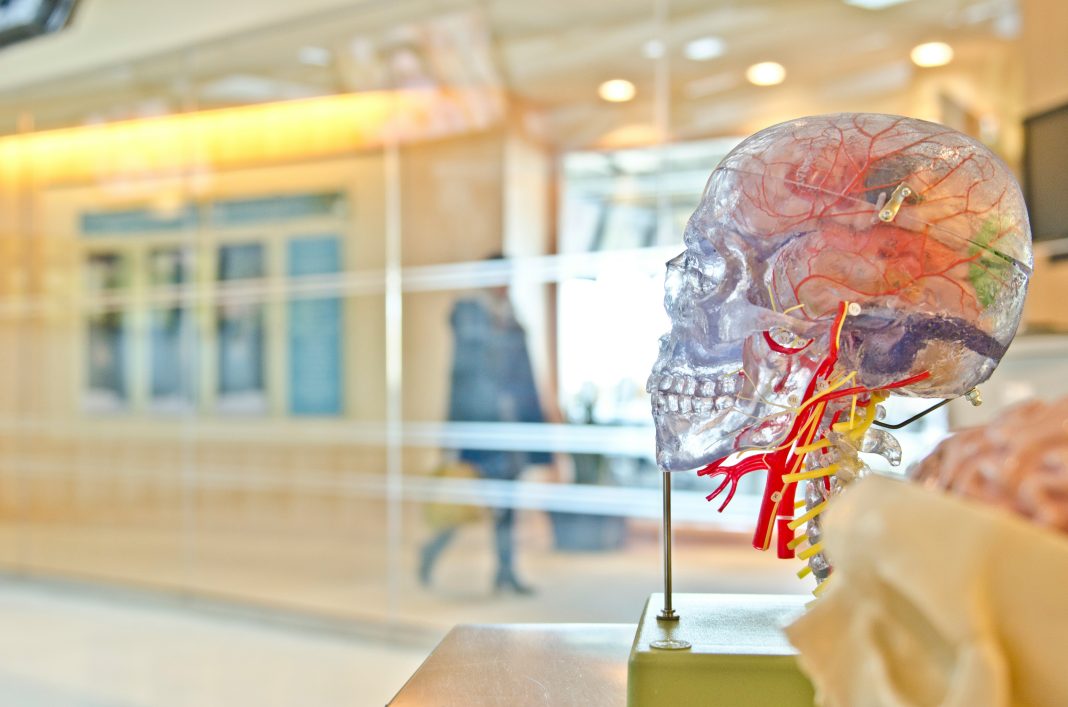Depression is a common and serious mental health condition that affects millions of people worldwide. It can impact every aspect of a person’s life, including their emotional well-being, physical health, and daily functioning. Raising awareness about depression and learning how to recognize and manage it is crucial for promoting mental health and supporting those affected. This article explores the signs of depression, its effects, and practical strategies for managing it.
Understanding Depression
Depression is more than just feeling sad or experiencing temporary feelings of low mood. It is a persistent condition that can significantly interfere with a person’s ability to function and enjoy life. Depression can occur due to a variety of factors, including genetic predisposition, chemical imbalances in the brain, traumatic events, and chronic stress.
Recognizing the Signs of Depression
Identifying the symptoms of depression is the first step towards seeking help and managing the condition. Common signs of depression include:
Emotional Symptoms
- Persistent Sadness: Feeling sad or empty most of the day, nearly every day.
- Loss of Interest: A marked decrease in interest or pleasure in most activities, including those previously enjoyed.
- Hopelessness: Feelings of hopelessness or pessimism about the future.
- Guilt: Excessive or inappropriate feelings of guilt or worthlessness.
- Irritability: Increased irritability or frustration, even over small matters.
Physical Symptoms
- Fatigue: Persistent fatigue or a lack of energy.
- Sleep Disturbances: Insomnia, early-morning awakening, or excessive sleeping.
- Changes in Appetite: Significant weight loss or gain, or changes in appetite.
- Physical Aches and Pains: Unexplained aches, pains, or digestive problems.
Cognitive Symptoms
- Difficulty Concentrating: Trouble focusing, remembering details, or making decisions.
- Indecisiveness: Difficulty making decisions, even about simple things.
- Thoughts of Death: Frequent thoughts of death, dying, or suicide.
Managing Depression
While depression is a challenging condition, it is treatable. Here are some strategies to help manage depression:
1. Seek Professional Help
- Therapy: Cognitive-behavioral therapy (CBT), interpersonal therapy (IPT), and other forms of counseling can help individuals understand and manage their symptoms.
- Medication: Antidepressants can be prescribed by a healthcare provider to help correct chemical imbalances in the brain. It is important to follow the prescribed treatment plan and communicate any side effects to your doctor.
- Combination Therapy: For many individuals, a combination of medication and therapy is the most effective approach.
2. Build a Support System
- Talk to Loved Ones: Sharing your feelings with trusted friends or family members can provide emotional support and help reduce feelings of isolation.
- Support Groups: Joining a support group, either in-person or online, can connect you with others who understand what you’re going through.
3. Practice Self-Care
- Regular Exercise: Physical activity can help reduce symptoms of depression by releasing endorphins and improving mood.
- Healthy Diet: Eating a balanced diet can positively impact your mental health. Focus on whole foods, and limit processed foods and sugar.
- Adequate Sleep: Ensure you get enough sleep each night. Maintain a regular sleep schedule and create a relaxing bedtime routine.
4. Develop Healthy Coping Mechanisms
- Mindfulness and Meditation: Practices like mindfulness, meditation, and deep breathing can help manage stress and improve mental clarity.
- Hobbies and Interests: Engaging in activities you enjoy can provide a sense of accomplishment and pleasure.
- Limit Alcohol and Caffeine: These substances can exacerbate depression symptoms and disrupt sleep patterns.
5. Set Realistic Goals
- Small Steps: Set small, achievable goals to help regain a sense of control and accomplishment.
- Celebrate Progress: Acknowledge and celebrate your progress, no matter how small.
6. Avoid Negative Self-Talk
- Positive Affirmations: Practice positive self-affirmations and challenge negative thoughts.
- Gratitude Journal: Keep a journal to write down things you are grateful for, which can shift your focus towards positive aspects of your life.
When to Seek Immediate Help
If you or someone you know is experiencing severe symptoms of depression, such as thoughts of self-harm or suicide, it is important to seek immediate help. Contact a mental health professional, call a crisis hotline, or go to the nearest emergency room.

